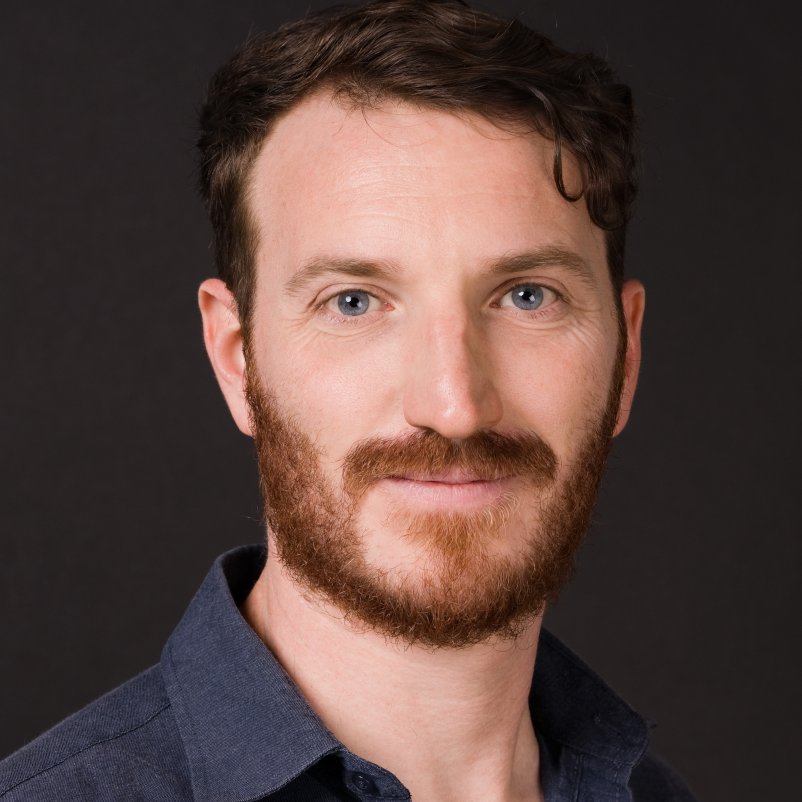
Scientist from the University of Wrocław co-author of the publication in Nature Astronomy!
One of the coauthors of the article “Could quantum gravity slow down neutrinos?” (“Czy grawitacja kwantowa może spowalniać neutrina?”), which appeared on June 12 in the prestigious journal “Nature Astronomy”, is dr Giacomo Rosati, a professor at the University of Wrocław from the Faculty of Physics and Astronomy. Other authors include Giovanni Amelino-Camelia, Maria Grazia Di Luca, Giulia Gubitosi (University of Naples) and Giacomo D’Amico (University of Bergen). The published work represents a significant milestone in quantum gravity research, demonstrating initial statistical support for quantum gravity.
A team of researchers from the University of Naples, the University of Wrocław and the University of Bergen analysed a model of particle propagation based on quantum gravity, in which the speed of ultra-relativistic particles decreases as energy increases. It is assumed that this influence is insignificant, proportional to the ratio of particle energy to the Planck scale, but when observing very distant astrophysical sources it can accumulate to observable levels. The study used gamma-ray bursts observed by the Fermi telescope and ultra-high-energy neutrinos detected by the IceCube Neutrino Observatory, testing the hypothesis that some neutrinos and some gamma-ray bursts may have a common origin but are observed at different times as a result of an energy-dependent reduction in speed.
The team found preliminary evidence to support quantum gravity models that predict this effect by combining data from IceCube and Fermi. This is a milestone in the field of quantum gravity research, as this is the first time that such a level of statistical evidence has been found to support quantum gravity. Although these are only preliminary results, they provide a solid basis for further detailed studies – the team from Wrocław, Naples and Bergen continue to collect data from gamma-ray and neutrino telescopes. Even if future data do not confirm this effect, these findings provide rigorous constraints on the parameters of relevant models, which is already a significant step in the study of quantum gravity.
Source: Faculty of Physics and Astronomy of the University of Wrocław
Translated by Martyna Szmyt (student of English Studies at the University of Wrocław) as part of the translation practice.



